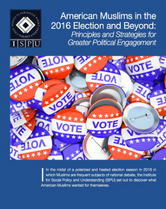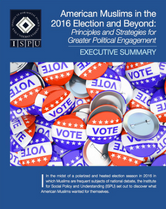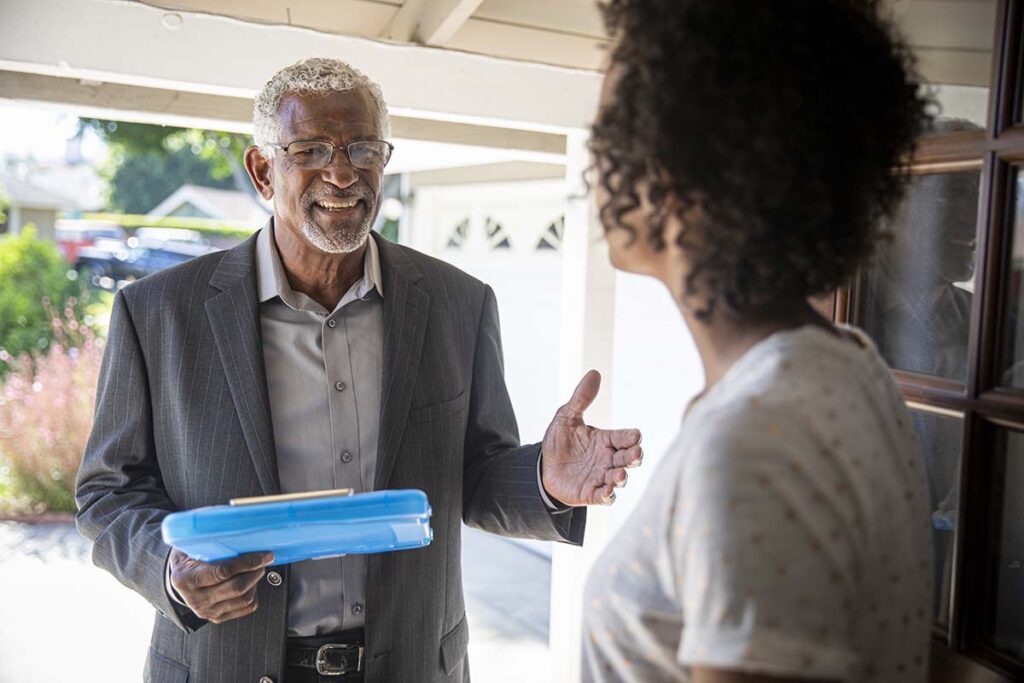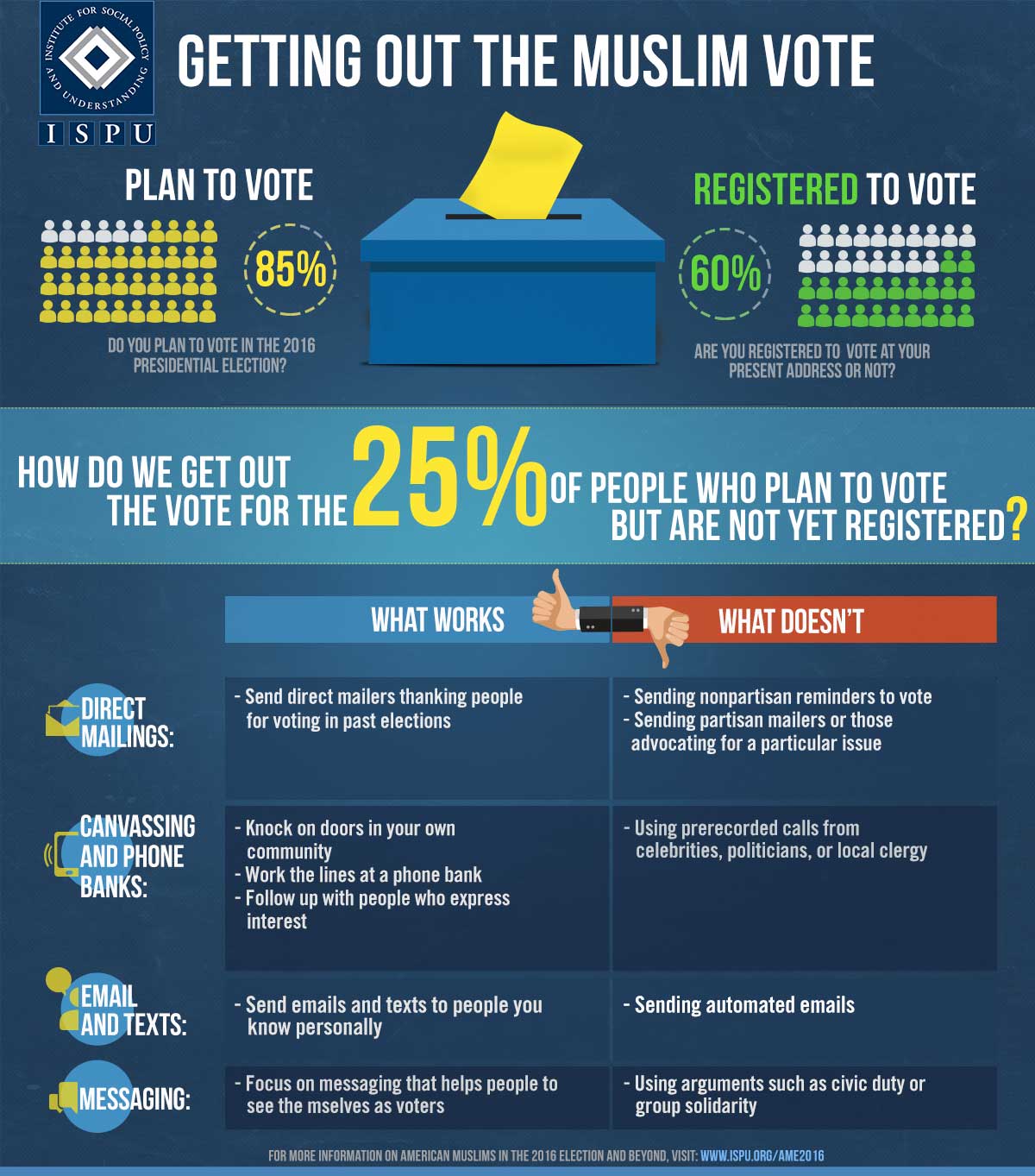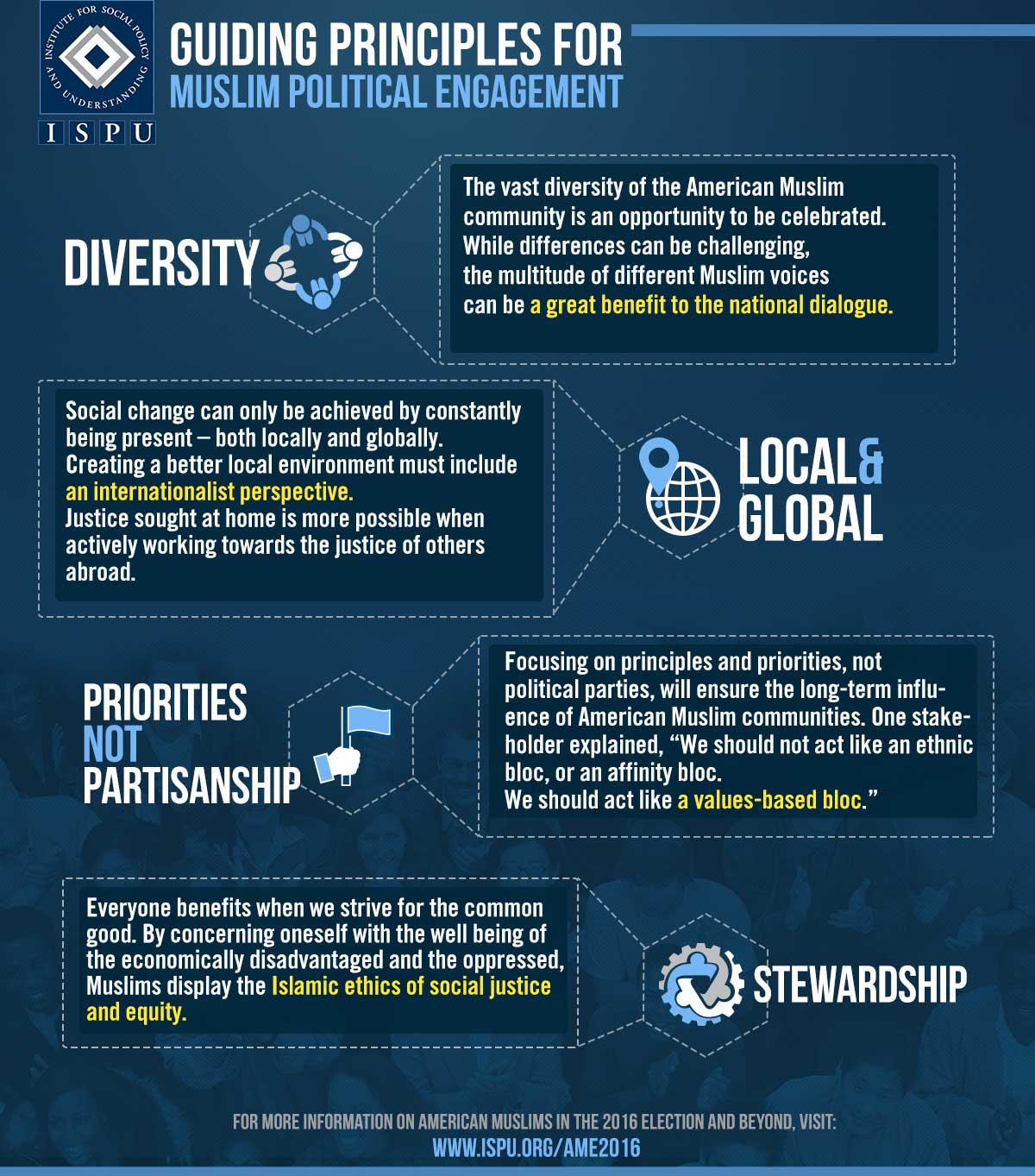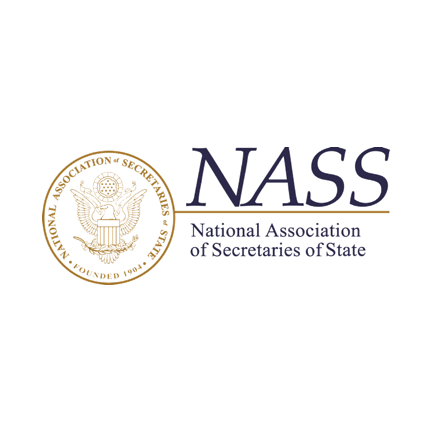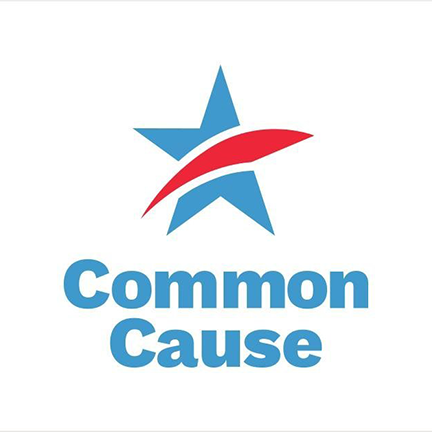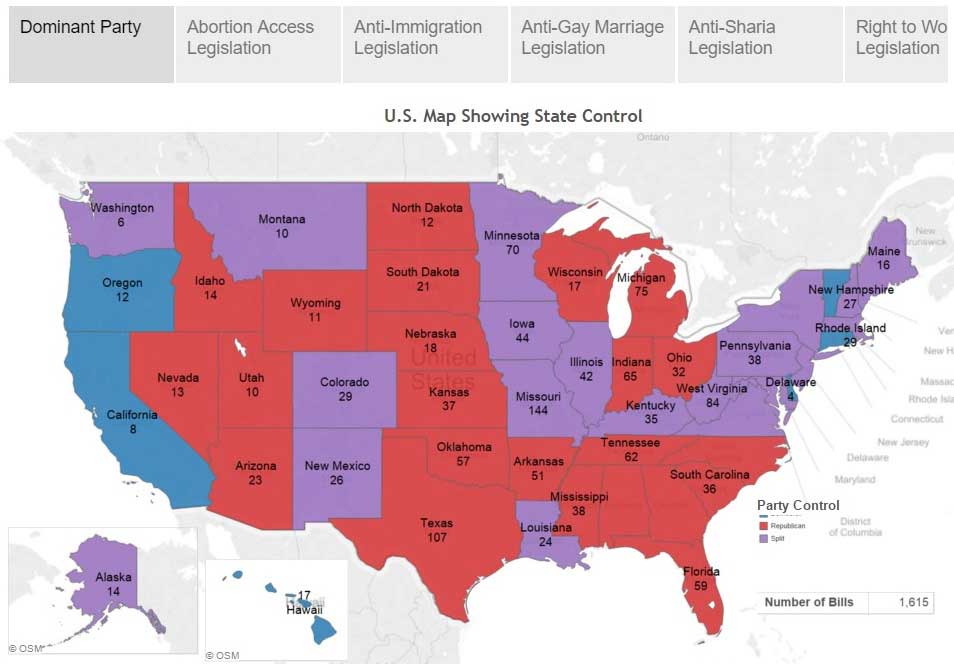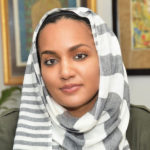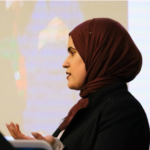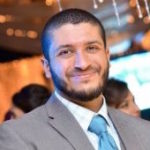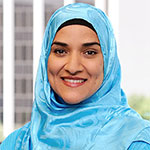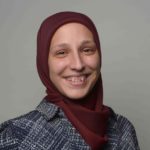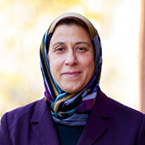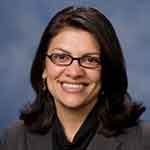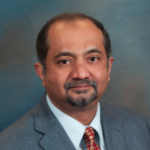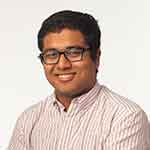In the midst of a polarized and heated election season in 2016 where Muslims were frequent subjects of national debate, the Institute for Social Policy and Understanding (ISPU) set out to discover what American Muslims wanted for themselves. ISPU researchers set out to answer three key questions:
- Why: What is the case for American Muslim civic and political engagement?
- What: What are the main policy priorities for American Muslim communities
- How: What do American Muslim communities need to do in the short term and the long term to increase political participation?
Methodology
This report is based on a combination of qualitative and quantitative research techniques. ISPU researchers based their analysis and recommendations on:
- A literature review of “Get Out The Vote” best practices
- In-depth interviews with more than 30 civic leaders
- A 2016 ISPU nationally representative poll of American Muslims
- Extensive additional qualitative feedback from our advisors, Muslim community leaders and community members
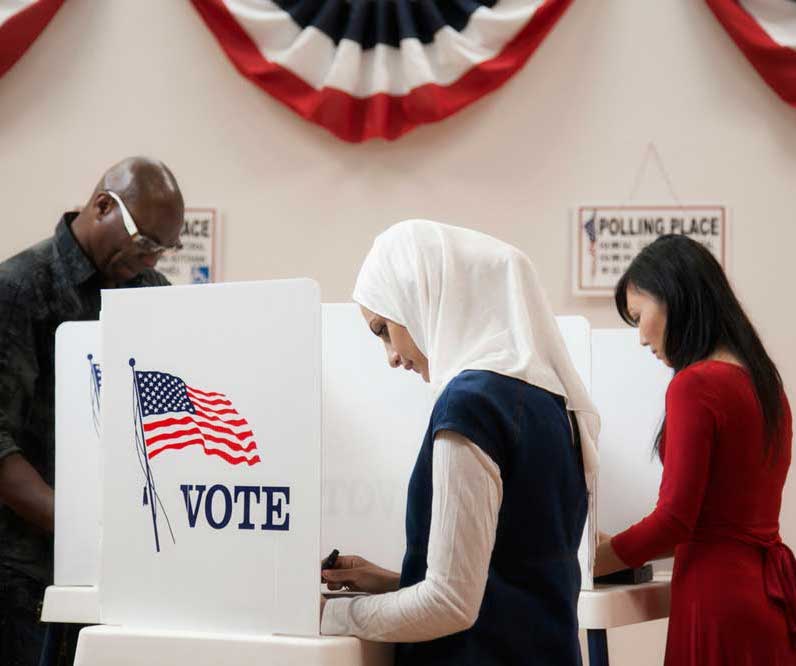
Report & Executive Summary
American Muslims in the 2016 Election and Beyond: Full Report
In the midst of a polarized and heated election se
05 April, 2016American Muslims in the 2016 Election and Beyond: Executive Summary
In the midst of a polarized and heated election se
05 April, 2016
Other Useful Reading
American Muslims Should Fight Islamophobia in 2016 Elections
The American Muslim condition is paradoxical. Musl
18 April, 2015Politics and Prejudice: Countering Islamophobia in the 2016 Presidential Race
If the last two elections are any indication, cand
05 June, 2015
Strategies to Increase Effective Political Engagement: An American Muslim Case Study
This case study explores the journey of a group of American Muslims from northern Virginia that took measures to create and nurture an ecosystem to improve their community’s political engagement. The group’s strategic aim was to increase American Muslim participation and representation at local, city, county, state, and national levels through volunteer service, appointment, and election. Over time, the group cultivated meaningful and long-term relationships with candidates across political, racial, ethnic, and religious lines.
Recommendations at a Glance
Are you an Inshallah Voter? Watch this video to find out.
Additional Resources
These resources may be helpful for political engagement organizers, though ISPU does not claim responsibility for the content.


